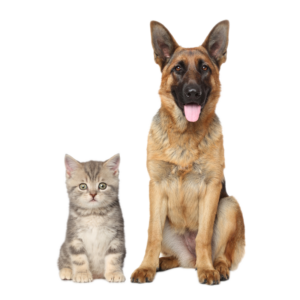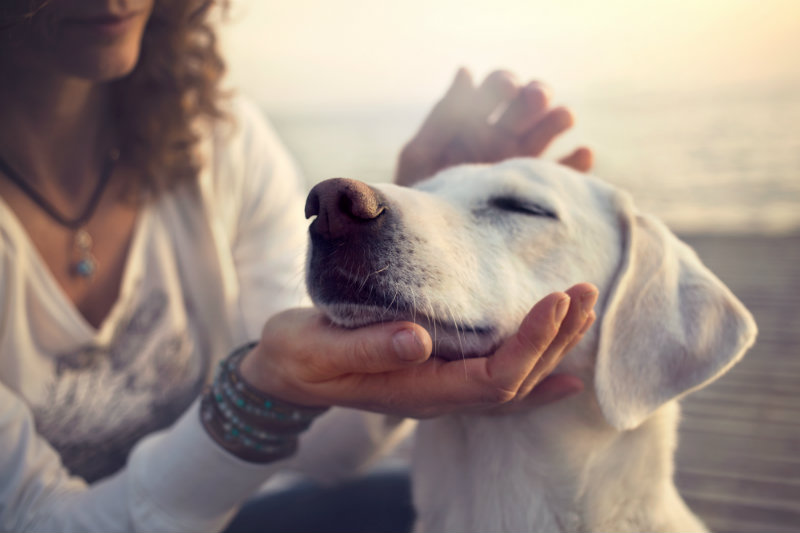Our pets tend to age faster than we’d want them to. Dogs and cats are considered geriatric when they are 7 years and older. That means there’s a lot to take into consideration because there are both physical and behavioural changes. Senior pets are prone to developing arthritis, diabetes, kidney failure, heart disease, thyroid disease and cancer.
It is important to have routine exams with your veterinarian to detect any potential diseases. Bi-annual exams are highly recommended. Diagnostics will be performed at this time. Determination on the diagnostics performed will depend on your pet’s species, breed, age, history, and physical exam. Some diagnostics include wellness blood work, urinalysis, radiographs, ultrasound, dental cleaning, etc. Continuing with a flea, tick and worm medication is also recommended.
Senior pets require a routine. It is important to keep them active with regular exercise, maintain a healthy weight with a geriatric or special diet, and to continue monitoring for any changes. It is important to monitor eating/drinking habits, bad breath/difficulty eating, vomiting or diarrhea, lumps, weight gain or loss, activity level, stiffness, licking at joints, or even getting startled when touched.
Senior pet owners should be educated on the changes in the upcoming years for their dog or cat. Being prepared, speaking with your veterinarian and getting information on senior wellness will help both you and your pet ease into their senior years.
Written by Alicia Dunbar



